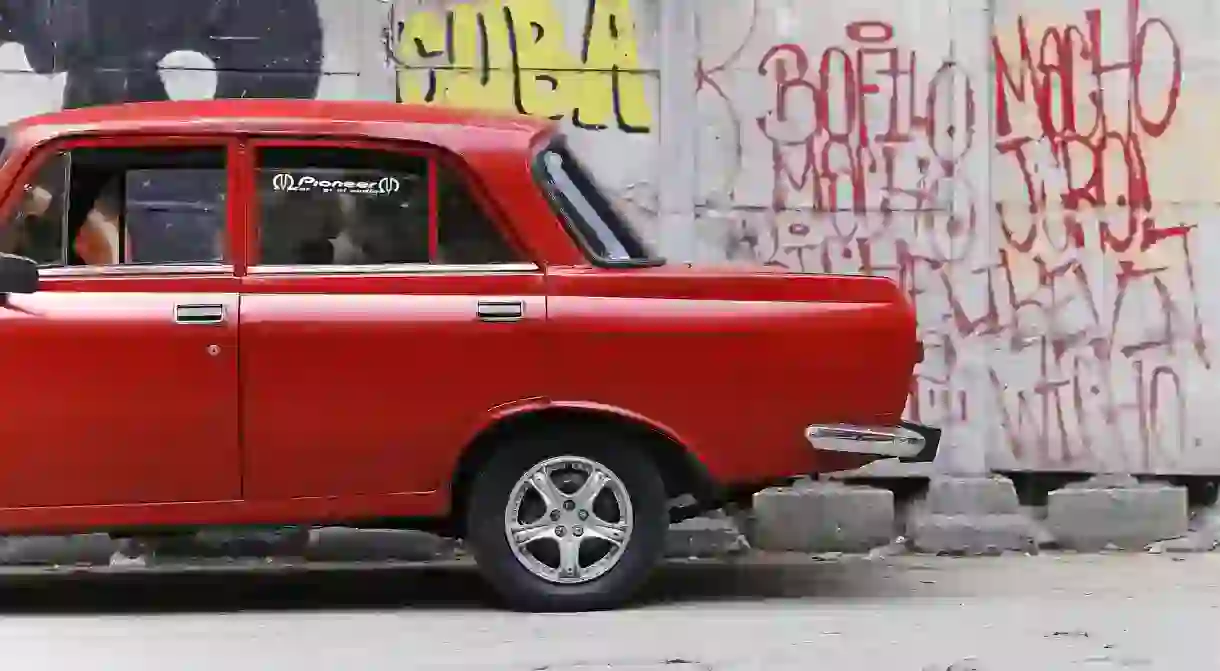Is Cuba Really Going Through a New Revolution?

Depending on who you listen to, Cuba could either be on the cusp of a new revolution or stuck with socialism. The country has long polarized observers of different political persuasions, but why do some say that major change could be coming?

How far have economic reforms gone?
Any talk of revolution in Cuba centres on economic reforms, with a relaxing of the ban on private enterprise in 2010-11. Since then Cubans have been able to rent out spare rooms, work as taxi drivers, and open restaurants, albeit with strict oversight from the state.
Many saw this move as the thin end of the wedge in terms of opening the Cuban economy to capitalism. However, hardline elements in the government appear to be more influential than some people predicted, and there has been little movement in reforms since then.

Rising inequality causes problems
At the same time, the reforms have created huge inequalities in Cuban society, with those that have access to tourist industries becoming far wealthier than those that are paid by the state. This is one reason why some observers believe that further reforms are in the offing.
As Cubans become increasingly fed up with their low quality of living, the government might have to allow capitalism in more sectors of the economy.

United States plays a huge role
Another factor is the country’s relationship with the United States. Under President Obama relations were thawing to the extent that diplomatic missions reopened, but President Trump has since announced new sanctions that have ended hopes of further rapprochement. The current president’s hard line makes it difficult to see any major movement for the foreseeable future.
As things stand, Raul Castro continues to rule Cuba by the same principles as his late brother Fidel, and the pace of change has not been fast or deep enough to constitute a new revolution. However, he will step down in February 2018, which may open the door to more widespread change.













